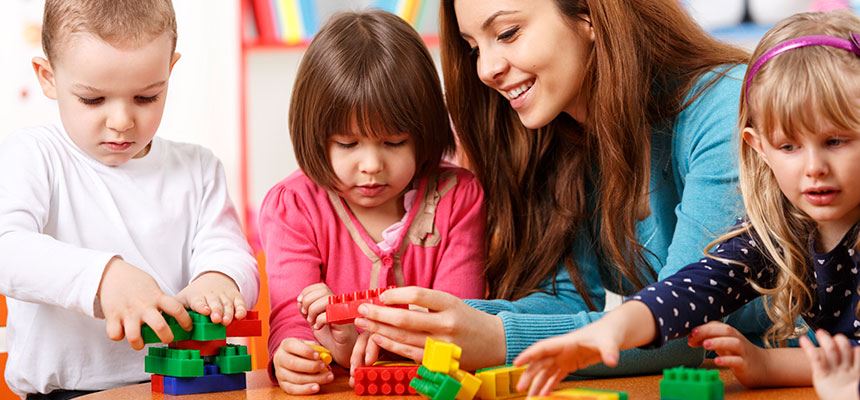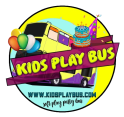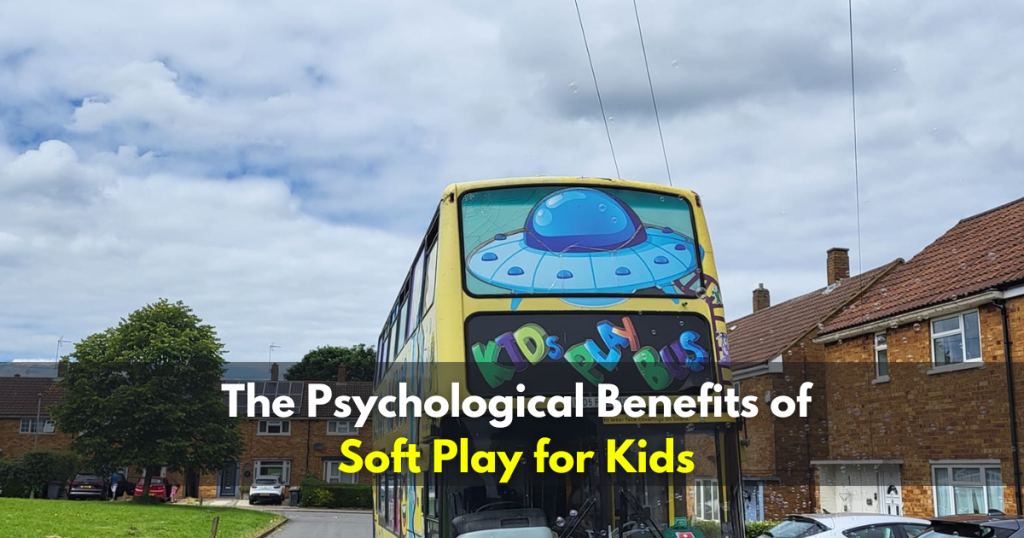Soft play has become a key aspect of children’s entertainment and development. It offers a safe and stimulating environment. Soft play has many psychological benefits for children. It affects various parts of their mental and emotional well-being. This article will cover these benefits. It will show how soft play helps cognitive development. It also enhances social skills, promotes emotional health, and encourages independence.
Table of Contents
ToggleThe Importance of Play in Child Development

Why Play Matters
Play is a key part of childhood. It is the basis for learning, socializing, and emotional growth. Play helps children develop key thinking skills. It also helps them form friendships and learn to handle their emotions. It is through the act of playing that children learn about the world around them and their place in it.
Types of Play
Play has many forms. They include imaginative play, physical play, and structured play. Soft play is physical. It is necessary for developing motor skills, coordination, and fitness. Soft play is different from traditional play. It’s designed to provide a safe space for kids. They can do physical activities without the risk of injury.
What is Soft Play?

Understanding Soft Play
Soft play includes many activities and equipment. The design aims to create a safe and fun space for children. It usually includes padded surfaces. It has climbing structures, ball pits, and obstacle courses. These are all aimed at encouraging active play and exploration. We ensure that these elements are safe. They also allow children to test their physical and mental limits.
The Unique Concept of KidsPlayBus
In the United Kingdom, concepts like the KidsPlayBus have taken soft play to the next level. They offer a soft play experience. This unique approach brings the fun and benefits of soft play to your location. It’s for things like a birthday party, school event, or community gathering. The KidsPlayBus has many soft play features. They make it safe and fun for kids of all ages.
Psychological Benefits of Soft Play

Enhancing Cognitive Development
Soft play environments stimulate children’s brains. They inspire imaginative thinking and foster innovative problem-solving skills. These activities include climbing, crawling, and navigating obstacles. They encourage children to use their thinking. They sharpen their analytical minds and make informed choices. For example, figuring out how to climb a structure or navigate a ball pit challenges children. It prompts them to assess their environment and develop strategies, fostering cognitive growth.
Boosting Social Skills
Soft play provides an excellent opportunity for children to interact with their peers. Cooperative play helps children learn key social skills. These include sharing, taking turns, and communicating well. These interactions help build friendships and teach children how to work as part of a team. In a soft play setting, children often must take turns on equipment. They also must work together to complete a task. These are valuable social exercises.
Promoting Emotional Well-being
Engaging in soft play can have a positive impact on a child’s emotional health. Physical activity releases endorphins, which help reduce stress and promote feelings of happiness. Additionally, overcoming challenges in a soft play can boost a child’s self-esteem. It can also boost their confidence. Overcoming obstacles or learning a new skill can bring a sense of accomplishment. They also build emotional resilience.
Encouraging Independence
Soft play allows children to explore and navigate the environment alone. It fosters a sense of independence. They overcome obstacles and try new things. This helps them learn and feel They also learn to trust their abilities. This freedom is essential for their development. It helps them gain confidence. They master independence, tackling challenges on their own terms.
The Role of Soft Play in Early Childhood Education

Learning Through Play
Soft play is great. It adds learning to a child’s routine. Many soft play activities can teach concepts. These include colours, shapes, and numbers. They make learning fun and interactive. For example, a ball pit can help kids learn to sort colours. Climbing structures can teach basic shapes.
Sensory Development
Soft play environments are full of sensory experiences. These experiences are key for a child’s development. A soft play area features a variety of textures, colours, and shapes. They stimulate a child’s senses. This enables efficient processing and response to sensory information. Sensory play is crucial for children. It helps them understand the world and process sensory input.
Extra Benefits of Soft Play

Physical Health and Fitness
Beyond psychological benefits, soft play also promotes physical health and fitness. The physical activities of soft play help children. They develop strength, coordination, and balance. Regular physical activity is key to maintaining a healthy weight. It also helps prevent childhood obesity. Soft play provides a fun way for children to stay active and healthy.
Creativity and Imagination
Soft play environments often include elements that encourage imaginative play. Children can pretend to be explorers, superheroes, or anything their imagination conjures up. This type of play fosters creativity. Children unleash their creativity and imagination without restraint. Imaginative play also helps with language development. Children create and tell their own stories.
Stress Relief for Parents
Designers create safe, soft play areas. They allow parents to relax while their children play. This can be a huge relief for parents. They know their children are in a safe place where they can explore and have fun. The peace of mind comes from knowing that children are safe. It allows parents to enjoy a break or take part in social activities with other parents.
Conclusion
Soft play is not a fun activity for kids. It is a key part of their mental development. Soft play has many benefits. It improves cognitive skills, promotes social interactions, and boosts emotional well-being. You can find soft play centres in traditional buildings. Or, you can find them in unique setups like KidsPlayBus. The benefits of soft play are clear. They provide a safe, engaging, and supportive space for children to grow, learn, and thrive.
For more information and to book a unique soft play experience, visit KidsPlayBus.















